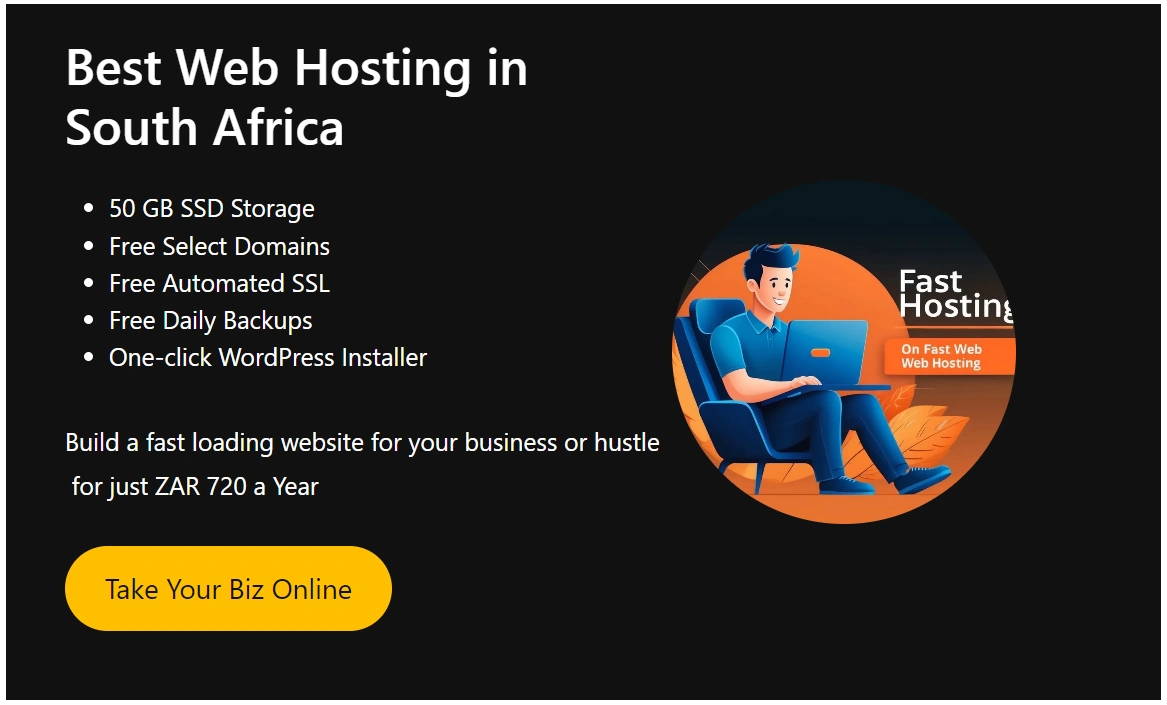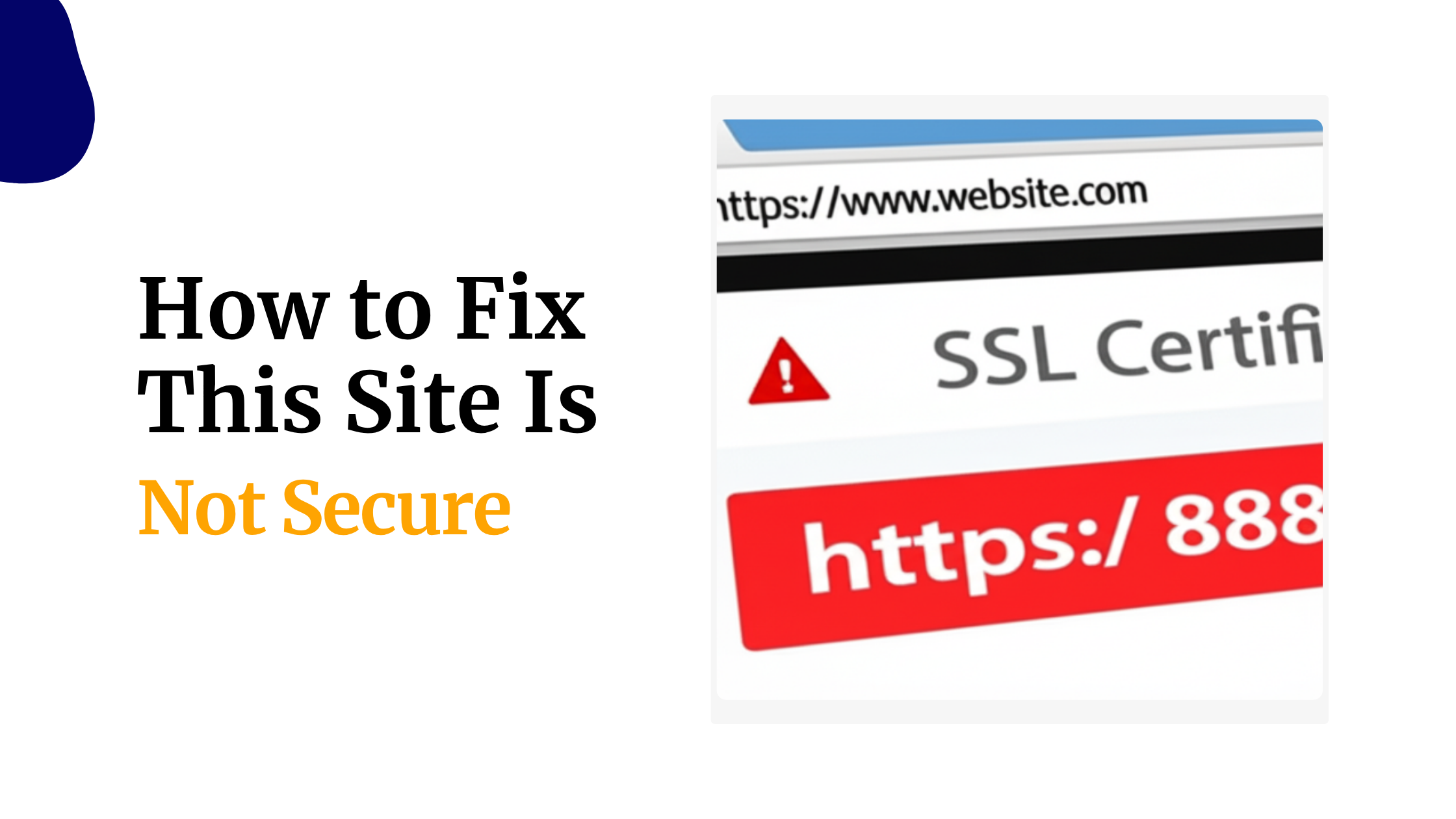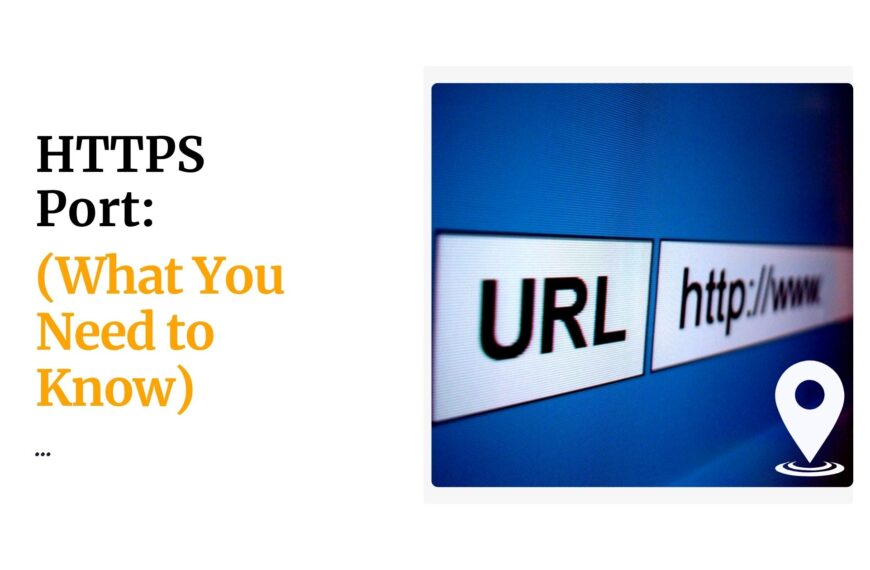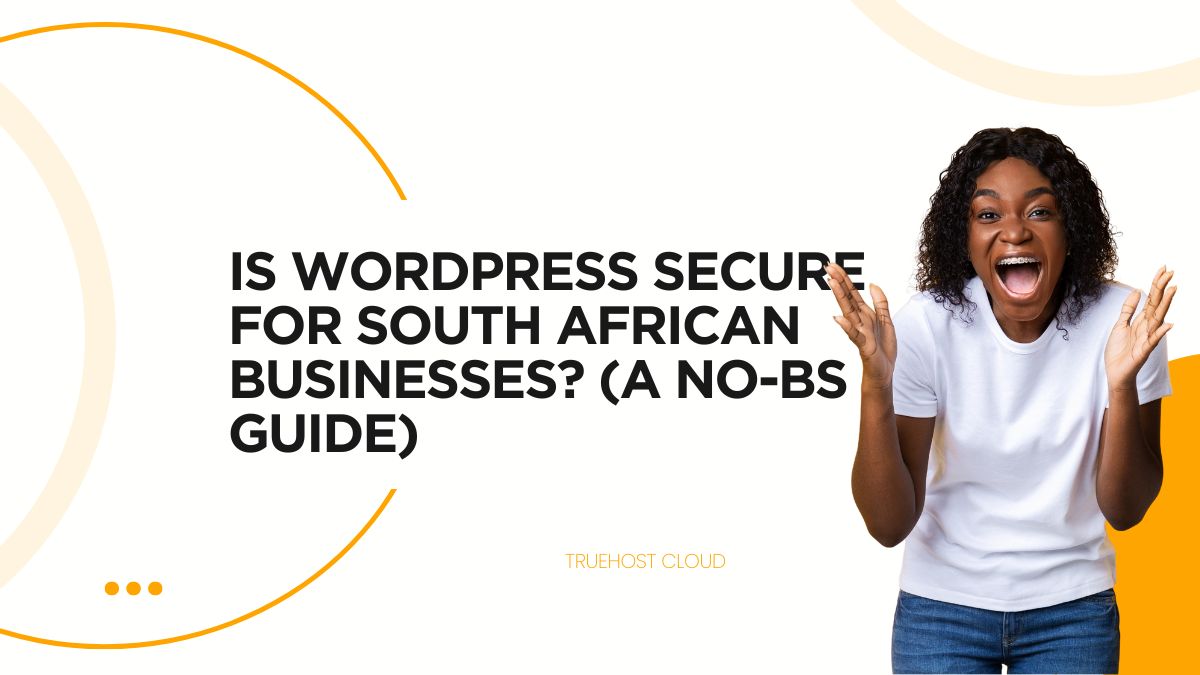Have you had time to think about SSL certificates yet? Well, if you own a website, you should definitely be thinking about it.
I mean, with the current super-fast growth of the digital economy, the security of your websites is non-negotiable.
And this goes without saying, especially if you are an online business owner: your clients’ data needs protection.
In this case, SSL certificates are extremely useful.
They encrypt sensitive information, improve site credibility, and aid in boosting business google ranking.
Now, cyber threats are becoming a handful, and so businesses need to invest in SSL Certificates to protect any vital business information they have and enhance trust from clients.
In this guide, we start by defining SSL certificates, discussing their different types, providing an installation guide on popular platforms, resolving common errors, and more.
By the end, we will equip you with the necessary skills to protect your website.
So let’s protect your website and win customer trust!
Table of Contents
What Are SSL Certificates
Envision this scenario: a customer from Pretoria logs into your online shop to make a purchase.
They put in their credit card details and expect their information to be safe.
Without an SSL certificate, that information is susceptible to hackers.
An SSL certificate is a digital file that, in this case, would encrypt any information that you and your website visitors send to each other.
It also changes your site URL from “http://” to “https://” as well as displaying a padlock sign in the browser, meaning it is secured.
So what is the importance of SSL certificates?
Let’s break it down:
- Data protection: SSL certificates encrypt sensitive information like passwords, credit card numbers, and personal details, keeping them safe from cyber criminals.
- SEO advantage: Google favors secure websites, giving HTTPS sites a ranking boost. This is crucial for businesses competing in search results.
- Customer trust: People are becoming more cautious online. A padlock and “https://” signal that your site is trustworthy, encouraging purchases.
- Compliance: Industries like finance, healthcare, and e-commerce often require SSL certificates to meet regulatory standards.
- Local relevance: For instance, South Africa’s digital economy is growing, with e-commerce sales projected to reach billions by 2025. However, cyber threats like phishing and data breaches are also increasing. An SSL certificate is your first defense.
Take, for example, a Johannesburg-based travel agency.
Without an SSL certificate, customers might hesitate to book trips online, fearing data theft.
After installing one, the agency sees more bookings and higher search rankings, proving the value of security.
Truehost offers SSL certificates tailored for South African businesses, from small startups to large retailers.
Our certificates are easy to set up and backed by local support, ensuring your website stays secure and competitive.
Plus, with Truehost’s web hosting services, you can bundle SSL for a seamless experience.
So why risk your customers’ trust or your Google rankings?
Types of SSL Certificates
SSL certificates come in all sorts of types.
Different types suit different needs, from personal blogs to large e-commerce platforms.
Here’s a detailed look at the types available, with guidance for South African businesses.
1. Domain Validated (DV) Certificates
DV certificates are the simplest and most affordable option.
They verify domain ownership, making them ideal for small websites.
For example, a Cape Town freelancer running a portfolio site can use a DV certificate to secure a contact form without spending much.
- Best for: Personal websites, blogs, and startups.
- Pros: Fast issuance (often within minutes), budget-friendly.
- Cons: Limited validation, not ideal for high-trust businesses.
- South African use case: A Durban blogger uses a DV certificate to secure their site, boosting reader confidence and SEO.
2. Organization Validated (OV) Certificates
OV certificates verify your business’s identity, adding credibility.
They’re perfect for South African SMEs, like a Pretoria-based online store selling crafts, that want to show customers they’re legitimate.
- Best for: Small to medium businesses, non-profits.
- Pros: Enhances trust with business verification, affordable for SMEs.
- Cons: Takes a few days to issue due to validation.
- South African use case: A Bloemfontein non-profit uses an OV certificate to secure donations, reassuring supporters.
3. Extended Validation (EV) Certificates
EV certificates offer the highest trust level, displaying your business name in the browser’s address bar.
They’re ideal for e-commerce sites or financial services in Johannesburg handling sensitive data.
- Best for: E-commerce, banks, high-traffic websites.
- Pros: Maximum trust, green address bar, boosts conversions.
- Cons: Higher cost, rigorous validation process.
- South African use case: A Johannesburg online retailer uses an EV certificate, increasing sales by 20% due to customer confidence.
4. Wildcard SSL Certificates
Wildcard certificates secure a domain and all its subdomains.
For instance, a Durban company with “shop.example.com” and “blog.example.com” can secure both with one certificate.
- Best for: Businesses with multiple subdomains.
- Pros: Cost-effective, simplifies management.
- Cons: Not suitable for single-domain sites.
- South African use case: A Cape Town tech firm secures its main site and subdomains, saving time and money.
5. Multi-Domain SSL Certificates
Multi-domain certificates (SAN certificates) secure multiple domains under one certificate.
A South African business with separate websites for different services can streamline security.
- Best for: Businesses with multiple domains.
- Pros: Flexible, cost-efficient for multiple sites.
- Cons: Can be complex to manage.
- South African use case: A Pretoria-based chain of stores secures its brand and regional websites with one certificate.
| Type | Best For | Validation Level | Cost |
| DV Certificate | Blogs, personal sites | Domain only | Low |
| OV Certificate | SMEs, non-profits | Business | Moderate |
| EV Certificate | E-commerce, finance | Extensive | High |
| Wildcard Certificate | Sites with subdomains | Domain | Moderate |
| Multi-Domain Certificate | Multiple websites | Domain/Business | Moderate to High |
For South African businesses, DV certificates suit startups, while EV certificates are best for e-commerce.
Truehost offers all these SSL certificates, with options to fit any budget.
How to Install SSL Certificates
Installing an SSL certificate might sound daunting, but it’s manageable with the right steps.
Below, we’ll guide you through installing SSL certificates on platforms popular in South Africa, with Truehost’s support to simplify the process.
Installing on cPanel
cPanel is widely used in South Africa, available through Truehost’s hosting plans.
- Generate a CSR (Certificate Signing Request):
- Log into cPanel and navigate to “SSL/TLS.”
- Click “Generate, view, or delete SSL certificate signing requests.”
- Enter your domain, business details (if applicable), and contact information.
- Generate and save the CSR code.
- Purchase and activate your SSL certificate:
- Buy an SSL certificate from Truehost.
- Submit the CSR during the purchase process.
- Truehost will provide the certificate files after validation.
- Install the certificate:
- Return to cPanel’s “SSL/TLS” section and select “Manage SSL sites.”
- Upload the certificate and private key provided by Truehost.
- Install and confirm the setup.
- Enable HTTPS:
- Update your site to redirect HTTP to HTTPS using a .htaccess file or cPanel’s redirect tool.
- Test the site to ensure the padlock appears.
South African tip: Many local hosting providers, including Truehost, offer cPanel with SSL integration, making it ideal for small businesses.
Installing on WordPress
WordPress powers many South African websites, from blogs to e-commerce stores.
- Purchase an SSL certificate from Truehost.
- Install via a plugin (beginner-friendly):
- Install “Really Simple SSL” or “WP Force SSL” from the WordPress plugin directory.
- Activate the plugin, which automatically configures HTTPS settings.
- Follow prompts to update your site’s URLs.
- Manual installation:
- After installing the certificate in cPanel, update WordPress settings.
- Go to Settings > General and change your WordPress and site URLs to “https://.”
- Use a plugin like “Better Search Replace” to update internal links and media.
- Verify HTTPS: Load your site in a browser to confirm the padlock and no errors.
South African tip: Plugins like Really Simple SSL are popular among local WordPress users for their simplicity.
Installing on Apache or Nginx
For advanced users on Truehost’s VPS hosting:
- Apache:
- Upload certificate files (certificate, private key, and CA bundle) to your server.
- Edit the Apache configuration file (e.g., httpd.conf or ssl.conf).
- Add SSL directives, including paths to certificate files.
- Restart Apache using sudo systemctl restart apache2.
- Nginx:
- Upload certificate files to your server.
- Update the Nginx configuration file (e.g., /etc/nginx/sites-available/your-site).
- Add SSL directives and specify certificate paths.
- Restart Nginx with sudo systemctl restart nginx.
Best Practices
- Backup your site: Before installing, back up your website using Truehost’s tools.
- Test installation: Use SSL Labs (ssllabs.com) to verify your SSL certificate works.
- Monitor renewals: Truehost offers auto-renewal to avoid expiry issues.
- Leverage Truehost support: Our local team can assist with setup, especially for non-technical users.
Common SSL Certificate Errors and Solutions
Even with a properly installed SSL certificate, errors can occur.
Here are the most common issues South African website owners face, with solutions and prevention tips.
1. “Not Secure” Warning
- Cause: Expired certificate, incomplete installation, or outdated browser.
- Solution:
- Check the certificate’s expiry date in cPanel or contact Truehost.
- Reinstall the certificate if files are missing or corrupted.
- Update your browser to support modern SSL/TLS protocols.
- Prevention: Enable auto-renewal with Truehost to avoid expirations.
2. Mixed Content Issues
- Cause: Some elements (images, scripts) load over HTTP instead of HTTPS.
- Solution:
- Use a plugin like “Really Simple SSL” for WordPress to fix mixed content.
- Manually update links in your site’s code to “https://.”
- Use tools like Why No Padlock to identify problem elements.
- Prevention: Audit your site after major updates to ensure all resources use HTTPS.
3. Certificate Name Mismatch
- Cause: The certificate’s domain doesn’t match the site’s URL (e.g., “www” vs. non-www).
- Solution:
- Ensure the certificate covers the exact domain (e.g., include “www” if needed).
- Set up redirects in .htaccess or server settings to unify URLs.
- Purchase a Wildcard certificate for subdomains if needed.
- Prevention: Verify domain details during purchase with Truehost.
4. Browser-Specific Errors
- Cause: Browsers like Chrome or Firefox flag weak encryption or outdated protocols.
- Solution:
- Update your server to use TLS 1.2 or 1.3 (modern protocols).
- Contact Truehost for help configuring server settings.
- Test with SSL Labs to identify weak configurations.
- Prevention: Regularly update your server software and SSL settings.
Truehost’s South Africa-based team is ready to help you troubleshoot any SSL certificate issues.
Why Choose Truehost for SSL Certificates in South Africa
Truehost is the trusted choice for South African businesses needing SSL certificates.
Here’s why:
- Affordable options: From DV to EV certificates, we offer solutions for every budget.
- Local expertise: Our South Africa-based support team understands local needs, from startups in Bloemfontein to retailers in Johannesburg.
- Seamless integration: Pair SSL certificates with Truehost’s web hosting or domain registration for a hassle-free experience.
- Trusted by locals: Businesses across South Africa rely on Truehost for secure, reliable websites.
Take Winny, a South African-based homemaking blogger.
After switching to Truehost’s EV SSL certificate, her audience noticed the green address bar and started using her shopping recommendations with confidence.
Her traffic grew by 15%, and her site climbed Google rankings.
Choose Truehost for SSL certificates that protect your website and your customers. Start securing your site today.
Conclusion
SSL certificates are the backbone of a secure, trustworthy website.
For South African businesses, they’re essential to protect customer data, improve SEO, and build confidence in a growing digital market.
Whether you’re a startup in Cape Town or an e-commerce store in Johannesburg, Truehost offers SSL certificates to meet your needs—DV for affordability, EV for maximum trust, and more.
Installing them is straightforward with their detailed guides and local support, and they’ve got solutions for common errors to keep your site running smoothly.
Don’t let an unsecured website cost you customers or rankings.
With Truehost, securing your site is easy, affordable, and backed by South African expertise.
Explore Truehost’s SSL certificates now and take the first step toward a safer, more successful online presence.
 Web Hosting
Web Hosting Windows HostingBuilt for Windows apps and websites – stability, speed and flexibility
Windows HostingBuilt for Windows apps and websites – stability, speed and flexibility Reseller HostingLaunch a hosting business without technical skills or expensive infrastructure
Reseller HostingLaunch a hosting business without technical skills or expensive infrastructure Affiliate ProgramRefer customers and earn commissions from sales across our platform
Affiliate ProgramRefer customers and earn commissions from sales across our platform Domain SearchFind and secure a domain name in seconds with our quick lookup tool
Domain SearchFind and secure a domain name in seconds with our quick lookup tool CO ZA Domains
CO ZA Domains All DomainsExplore domain names from over 324 TLDs globally – all in one place
All DomainsExplore domain names from over 324 TLDs globally – all in one place Free Whois Lookup Tool South Africa
Free Whois Lookup Tool South Africa VPS
VPS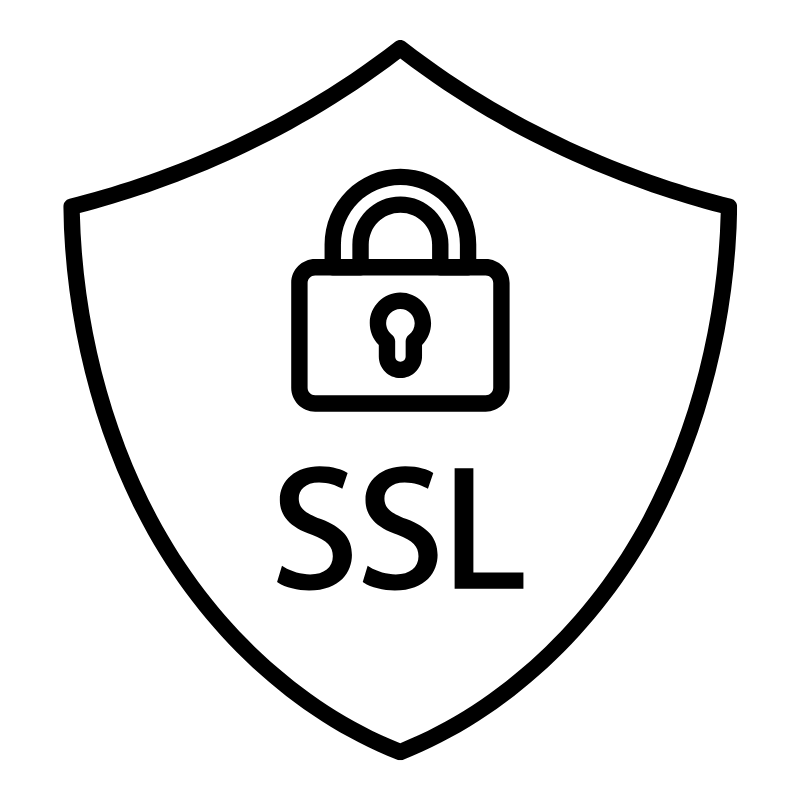 SSLs
SSLs
